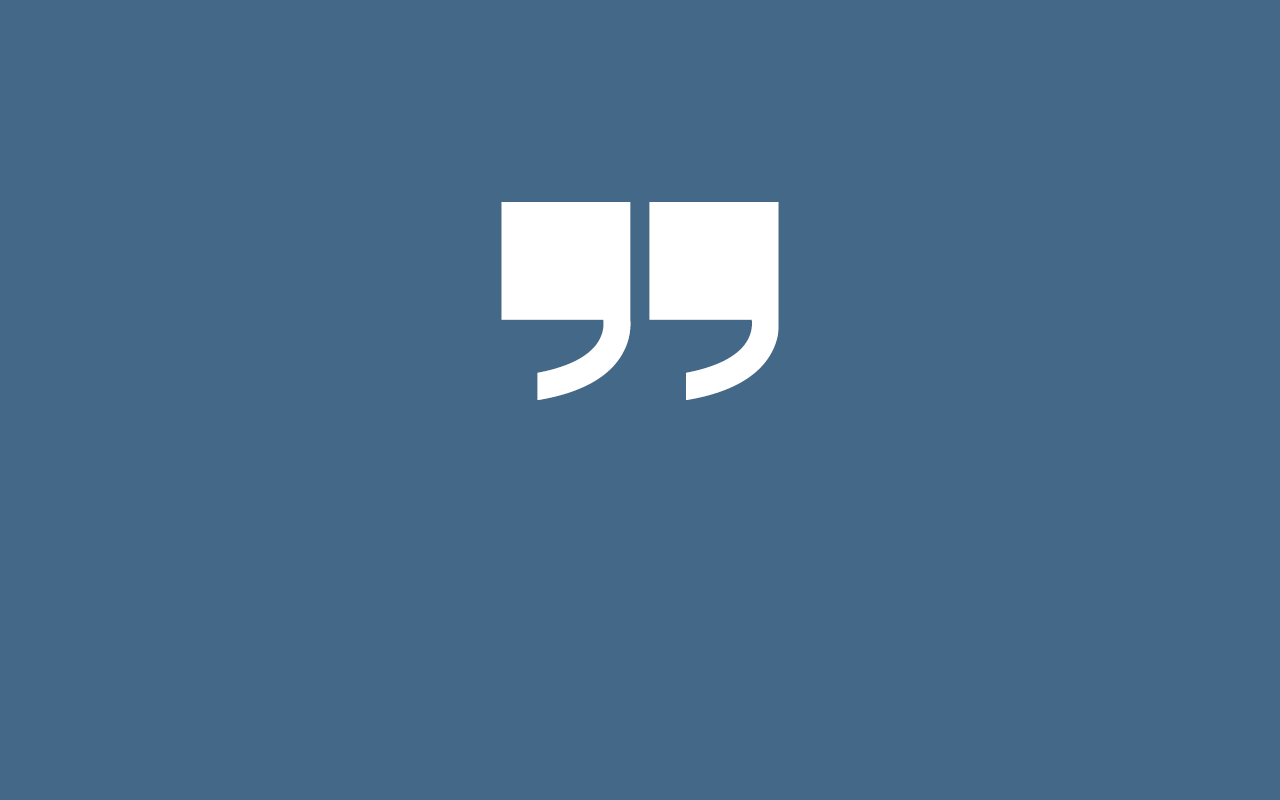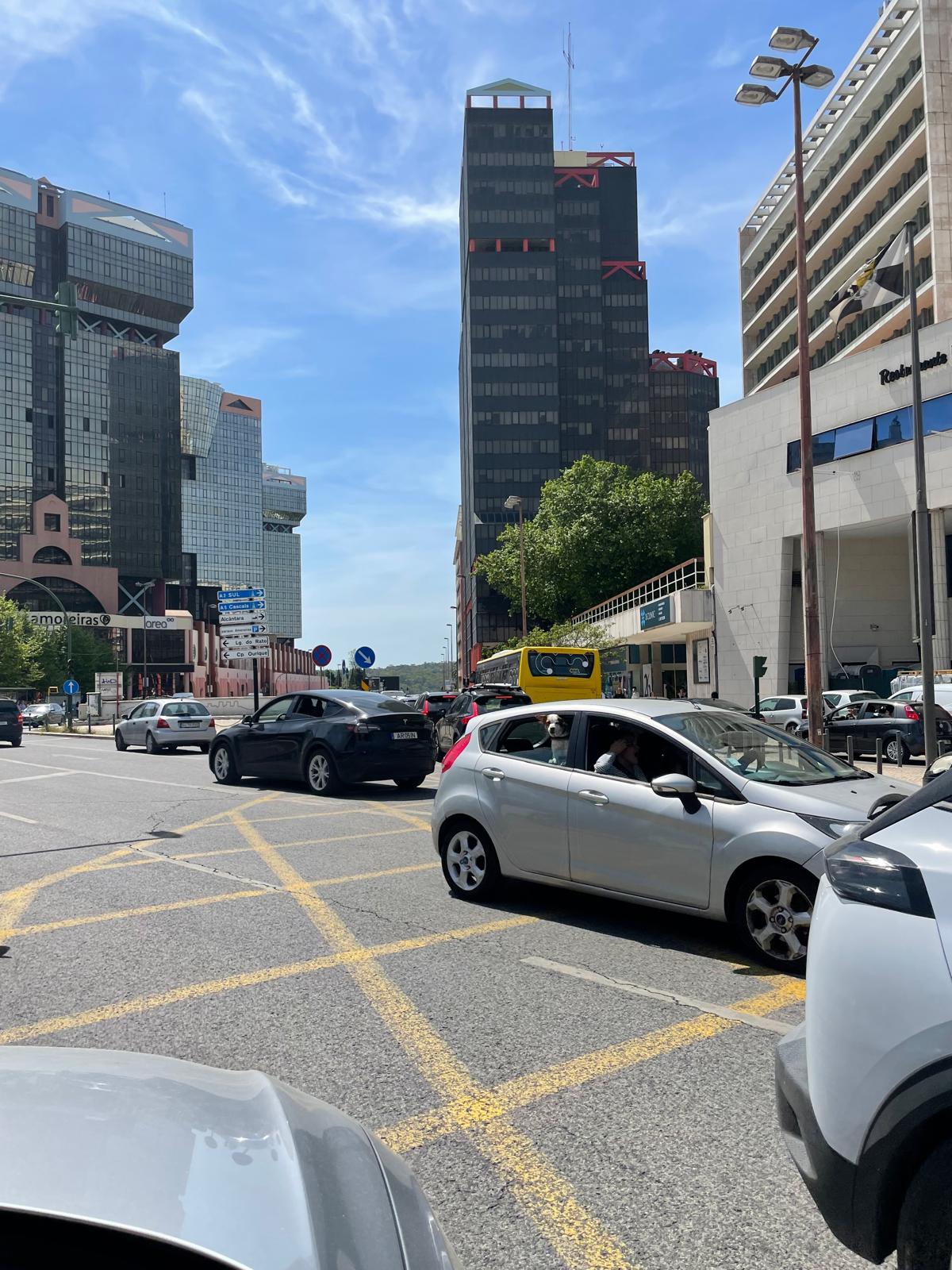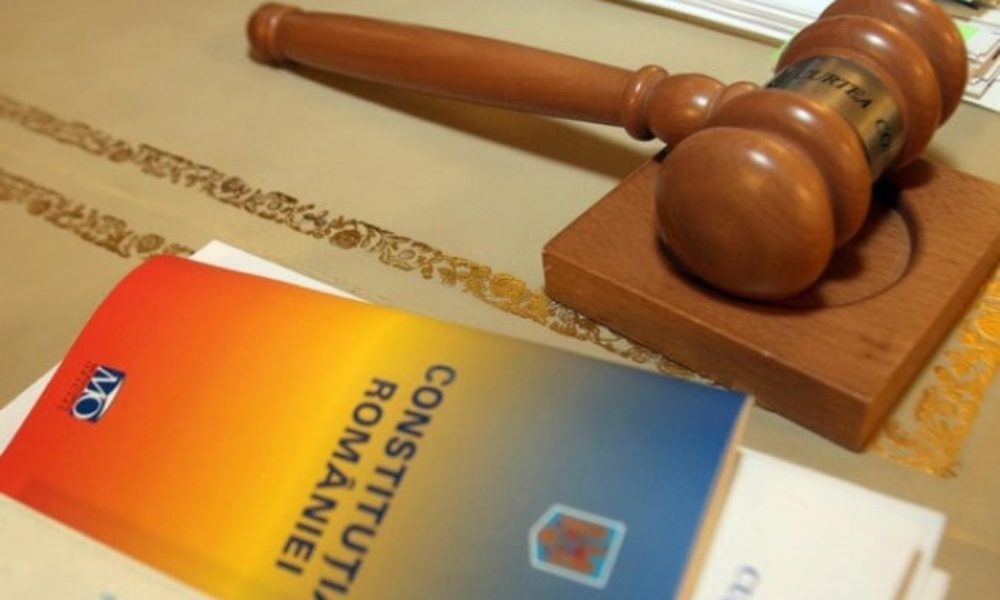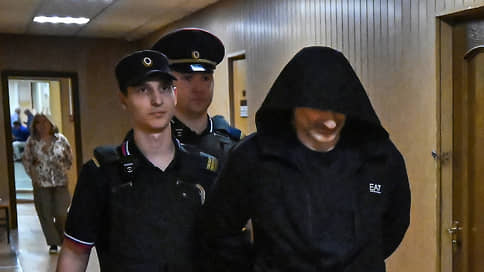The Golden Palm for Jafar Panahi is not only a milestone for him, but for the entire (censored) Iranian cinema

The presentation of the Golden Palm It was just an accidentThe newest film by the Iranian filmmaker Jafar Panahi last weekend at the film festival in Cannes, released the necessary reactions in Iran and the Iranian diaspora abroad. The prize is not only an important milestone for Panahi himself, a dissident director who continues to make beautiful films despite years of imprisonment and travel prohibitions, but also recognition of the creative resilience of Iranian cinema in spite of all government restrictions.
In a joint statement, more than 150 Iranian artists, writers and activists celebrated, inside and outside Iran Panahi’s award. They praised are « creativity and perseverance » and wrote that the Golden Palm proves that « the voice of truth and art will never be silenced in the light of oppression. » The Iranian state media were not impressed and dismissed the prize as a political maneuver from the tube of the film festival and the foreign enemies of Iran.
It was special that Panahi was in Cannes to receive the prize, because it was his first visit to an international festival in fifteen years after a long travel ban. After a standing ovation from the audience, he gave an emotional speech. He said he felt guilty when he was released from prison, while so many other Iranian filmmakers are still imprisoned. « I wondered how I could be happy, how I could feel free, if they are still there. »
Government censure
It was just an accident was secretly admitted and partly based on Panahi’s last stay in prison in 2022-2023. The film tells the story of five former prisoners who meet a man whom they suspect he was torturing them in prison. But is he who they think he is? What follows is a thriller that does not shy away ethical questions. Such as: is it justified to use the same methods as your executioner?
It is only the second time that an Iranian film has received the Golden Palm, the most important prize in Cannes (although Panahi’s earlier films received other prizes in Cannes). The first was Taste of Cherry From director Abbas Kiarostami in 1997, a film about a mysterious man who drives through the suburbs of Tehran, looking for someone who is willing to bury him after he has committed suicide. Display of the film was forbidden in Iran, and there was almost an export ban, because suicide is forbidden according to Islamic law.
The Golden Palm for Kiarostami marked the international breakthrough of the thriving Iranian film culture. Because of the strict government censorship and an enormous amount of unwritten rules, Iranian directors continued to make original and socially relevant films without becoming explicitly political. Often those films are about the problems of the (secular) middle class in the big cities, which tries to keep themselves in a star religious system.
Iranian New Wave
Kiarostami and Panahi are both exponents of the Iranian New Wave (Panahi started his career as Kiarostami’s assistant). This film movement was created in the sixties of the last century, and combined social realism with poetic elements, metaphors and allegories. The strict government censorship after the Islamic revolution in 1979 did not stand in the way of the flourishing of Iranian cinema. On the contrary even. Because there are so many limitations, filmmakers are forced to be creative and original. The authorities tolerated Panahi’s non-conformism for a long time, as long as his films were not openly tinted politically. It was just an accident Is his most pronounced film in that regard.
Panahi returned to Iran after the film festival, although that is not without risk. He said he and his cast are under pressure since It was just an accident was selected for Cannes. Various members of the crew were interviewed by the authorities. Nevertheless, Panahi sounded militant. He called on his countrymen to set aside their disagreements. « The most important thing is now our country and the freedom of our country, » he said. « Let’s join forces. Nobody can dare to tell us what kind of clothing we should wear, what we should or should not do. »


:format(webp)/s3/static.nrc.nl/images/gn4/stripped/data132852852-db78fb.jpg)
:format(webp)/s3/static.nrc.nl/wp-content/uploads/2025/05/07140626/data131882325-46b0f8.jpg)


